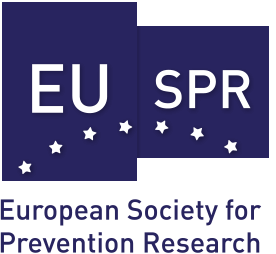Sixth EUSPR Conference Poster Presentations
EUSPR Members and 2015 Conference attendees Posters A selection of posters presented at the conference can be downloaded via the links below: 11 Jamila Boughelaf – “We don’t get taught enough”. An Assessment of Drug Education Provision in Schools in England 21 Dijana Jerković – The Role of Self-Determination and Personality in Predicting the Cannabinoids Consumption …
